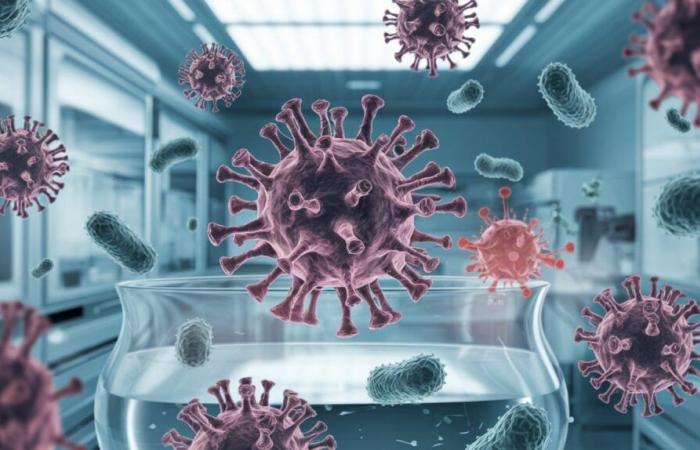The WHO is calling for a paradigm shift in vaccine development by focusing on regional and global health needs rather than commercial profitability. Discover the 17 priority pathogens identified by the organization.
For the first time, the World Health Organization (WHO) has established a list of 17 pathogens for which vaccine development is considered a top priority. This initiative aims to redirect research and development efforts towards regional and global health needs, rather than the commercial profitability of new vaccines.
A necessary paradigm shift in vaccine development
According to Dr Mateusz Hasso-Agopsowicz, a vaccine specialist at WHO, this list represents a first global effort to prioritize endemic pathogens based on criteria such as regional disease burden, risk of antimicrobial resistance and socio-economic impact. The goal is to ensure that vaccine development meets the most pressing health needs, rather than just cost-effectiveness considerations.
Vaccines at different stages of development
The 17 pathogens identified by the WHO are at different stages of vaccine development. Some, like hepatitis C, are still in the research stage, while others, like the dengue virus, are close to being approved by regulatory authorities or being introduced into markets .
These vaccines would significantly reduce the diseases that greatly affect communities today, but also the medical costs faced by families and health systems.
Dr Kate O'Brien, Director of the Department of Immunization at WHO
Confirmation of long-standing priorities and new threats
The WHO list confirms long-standing research and development priorities, notably against HIV, malaria and tuberculosis, three diseases which collectively claim nearly 2.5 million lives each year worldwide. But it also draws attention to new threats, such as:
- Group A Streptococcus, responsible for serious infections and hundreds of thousands of deaths annually, mainly in low-income countries.
- The bacterium Klebsiella pneumoniae, associated with 790,000 deaths in 2019 and responsible for 40% of neonatal deaths due to sepsis in low-income countries.
Giving a new direction to vaccine research and development
According to Dr. Hasso-Agopsowicz, vaccine research and development has in the past been primarily influenced by the cost-effectiveness of new products, to the detriment of diseases that severely affect low-income regions. With this list of priorities, WHO hopes to give new direction and clear direction to global vaccine efforts.
This unprecedented WHO initiative marks an important step towards a fairer and more effective approach to vaccine development globally. By focusing on the most pressing health needs rather than just commercial considerations, it paves the way for better protection of the most vulnerable populations against infectious diseases.






